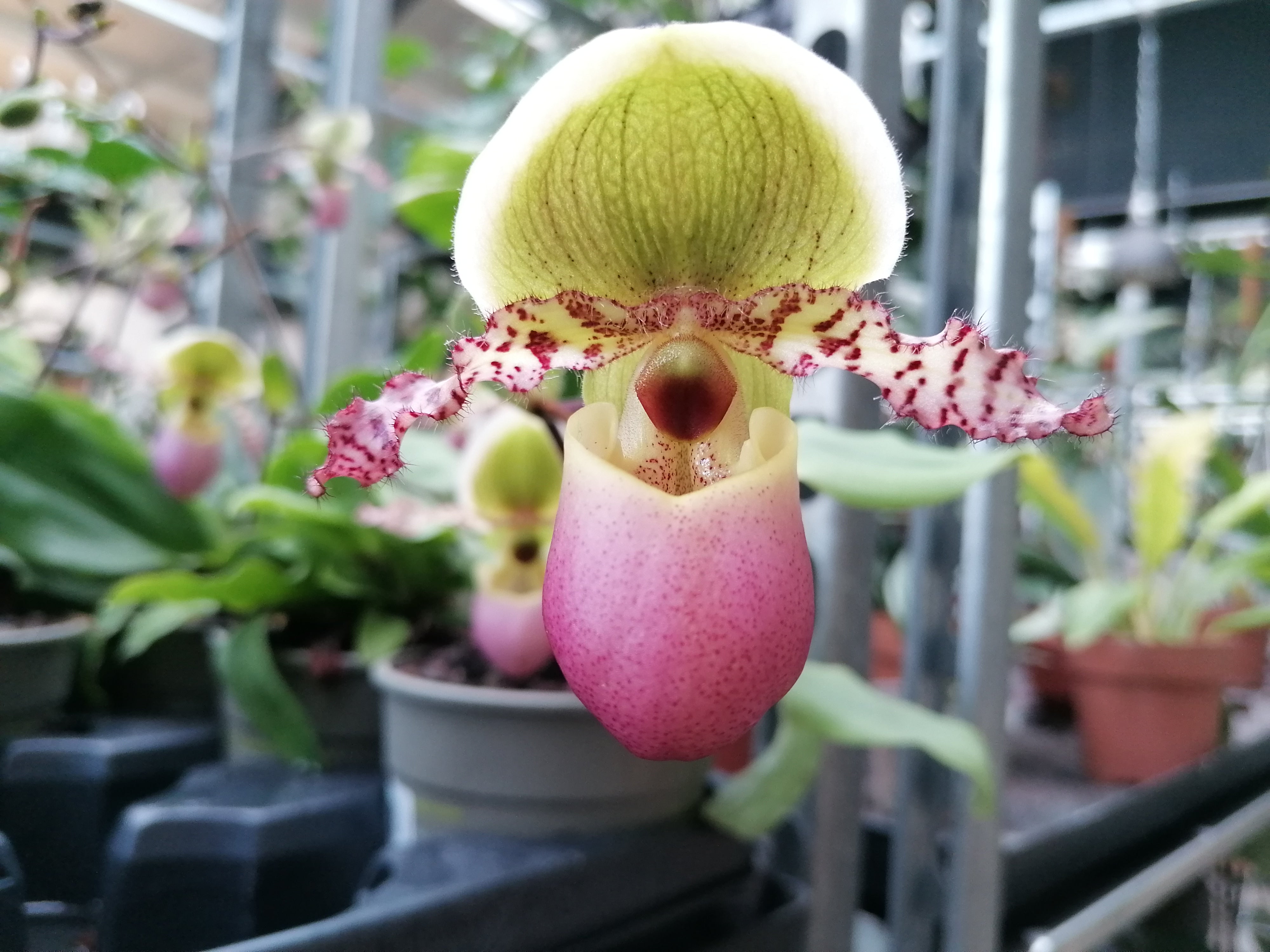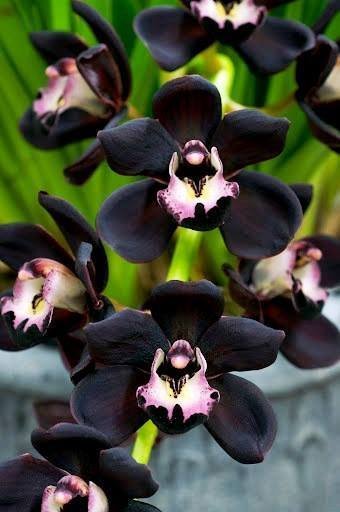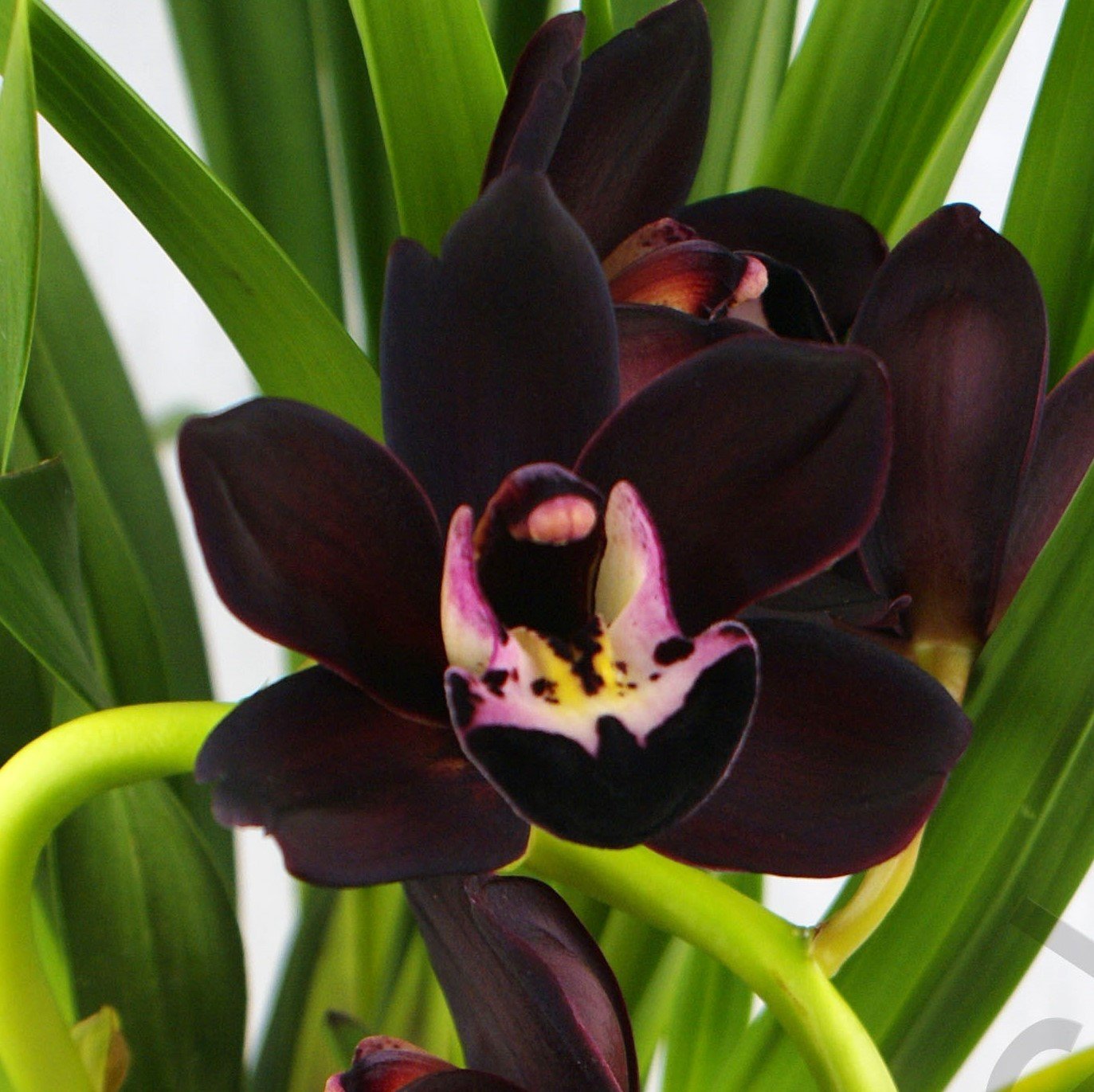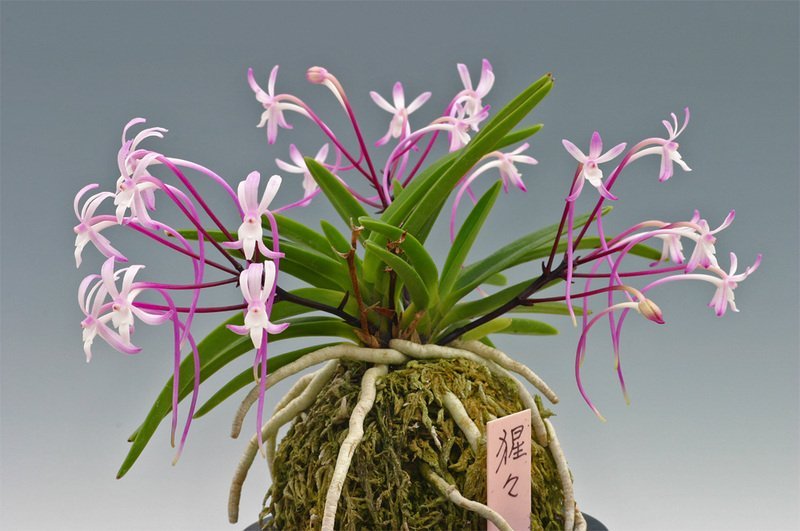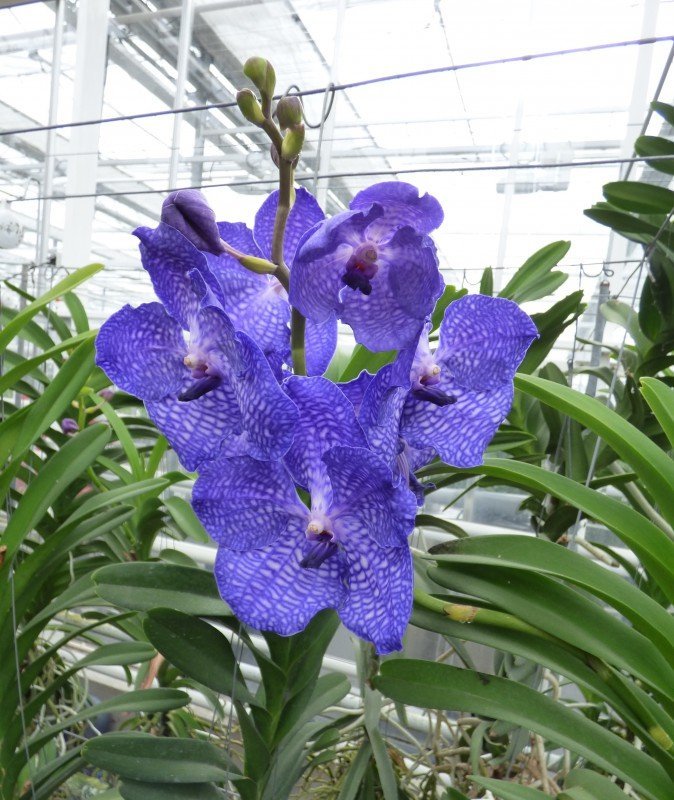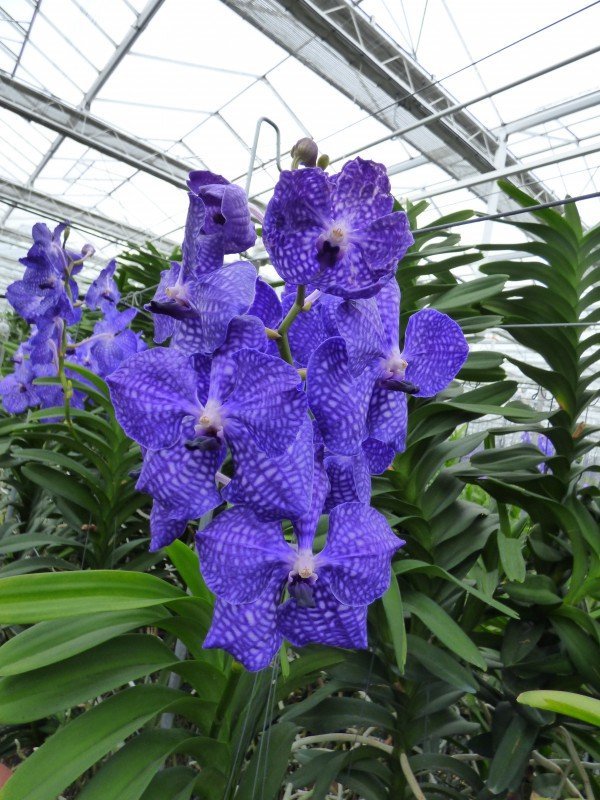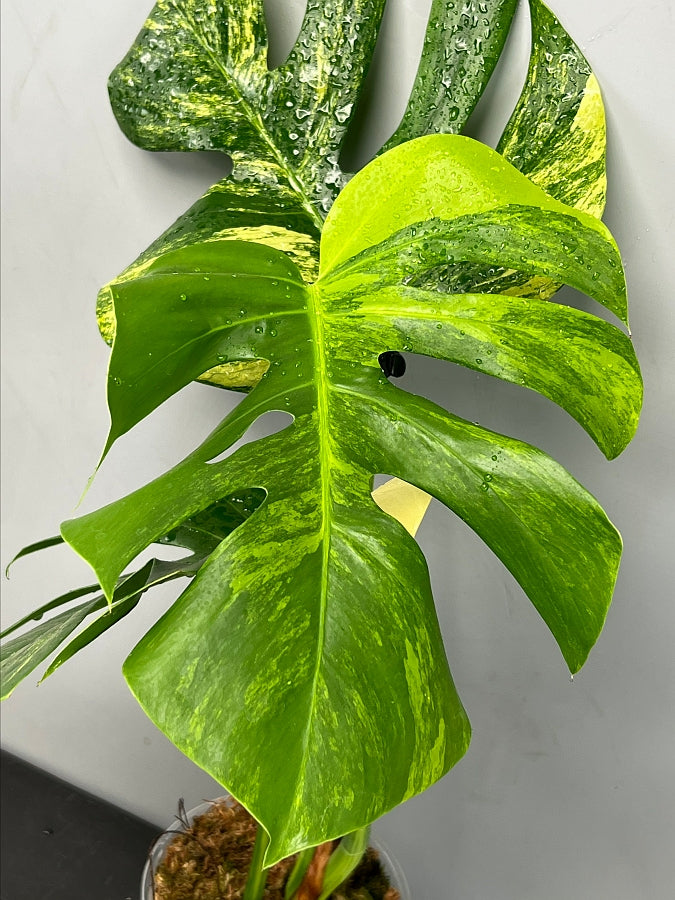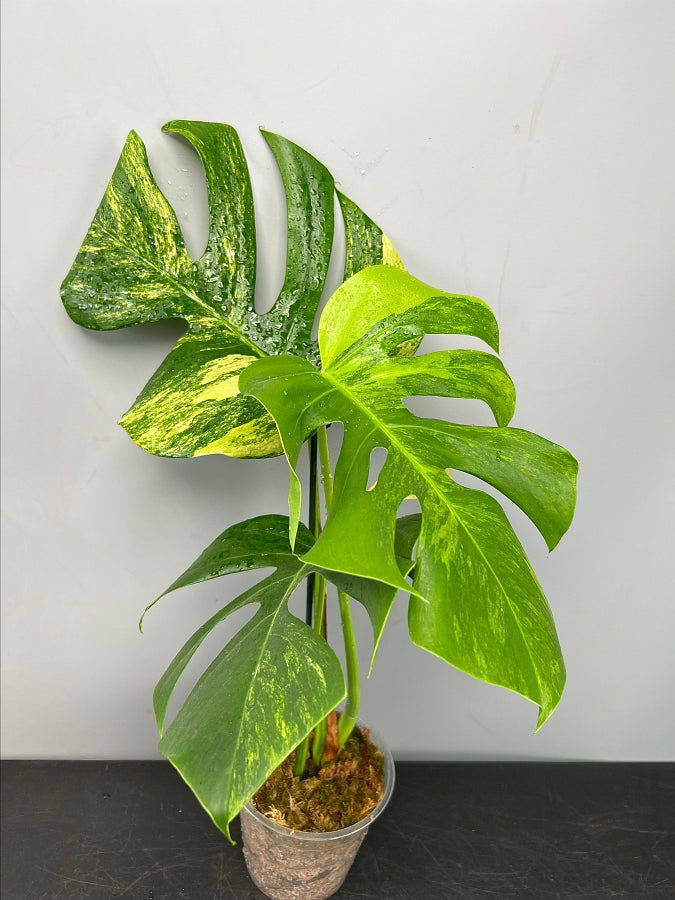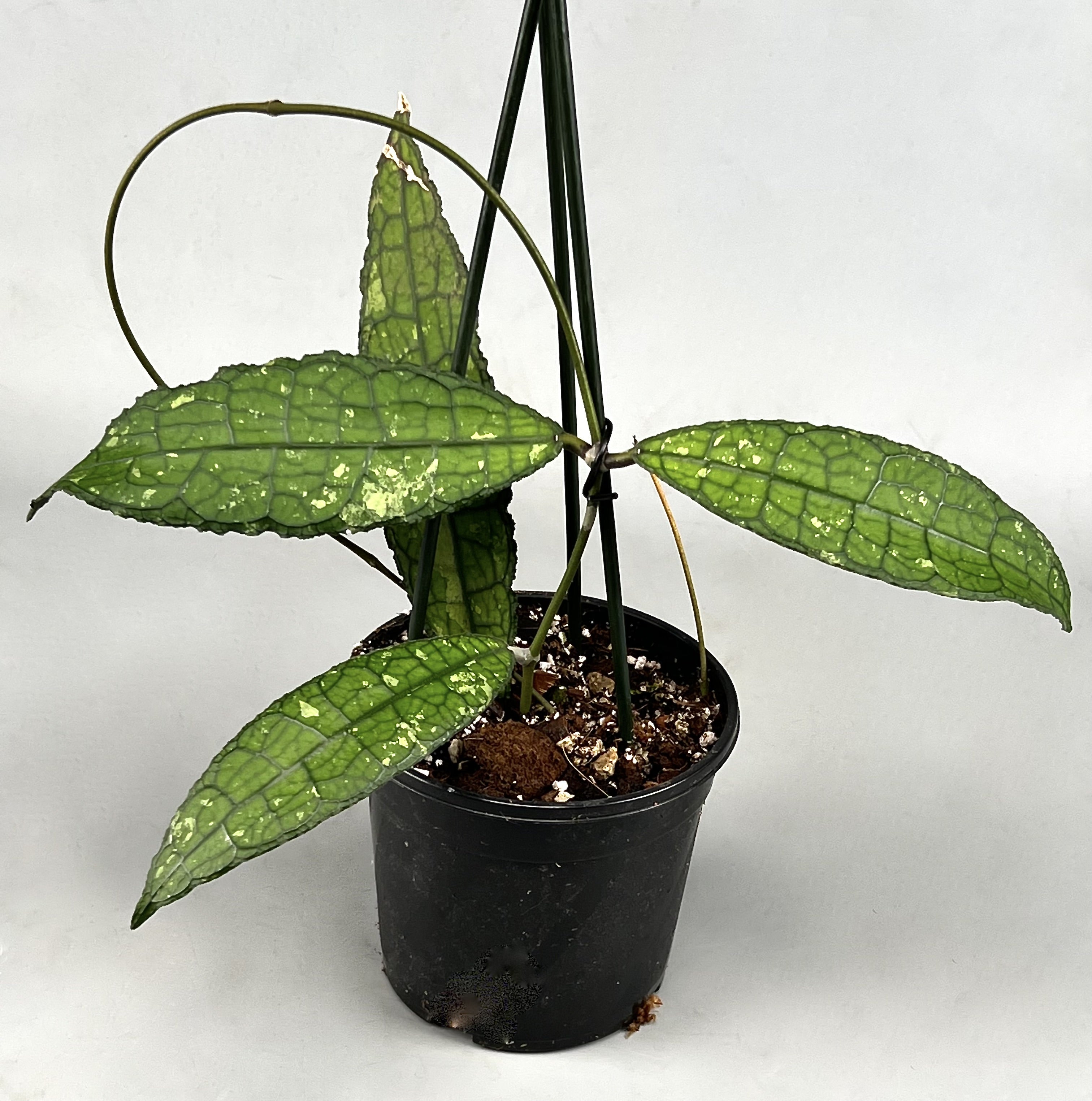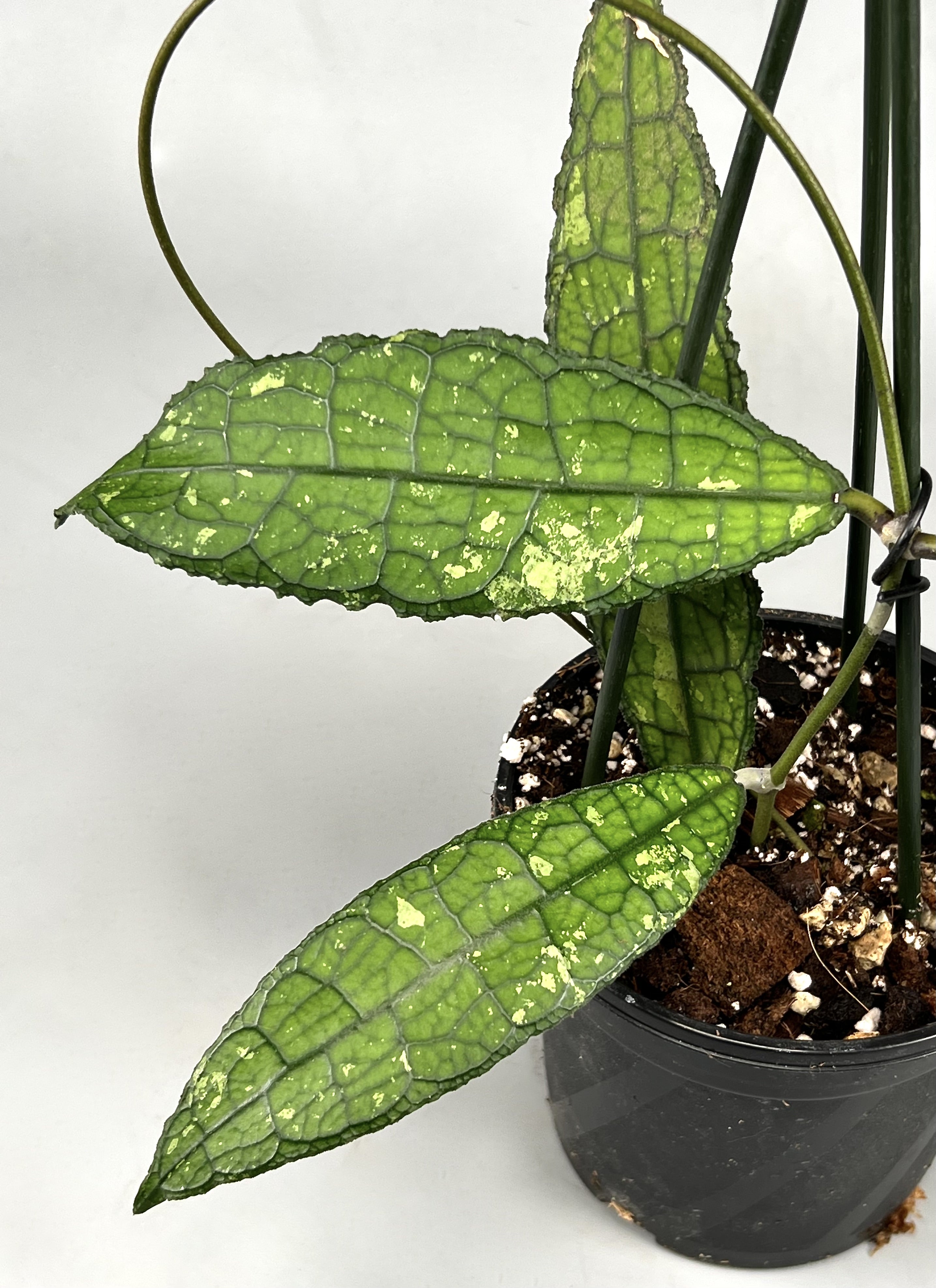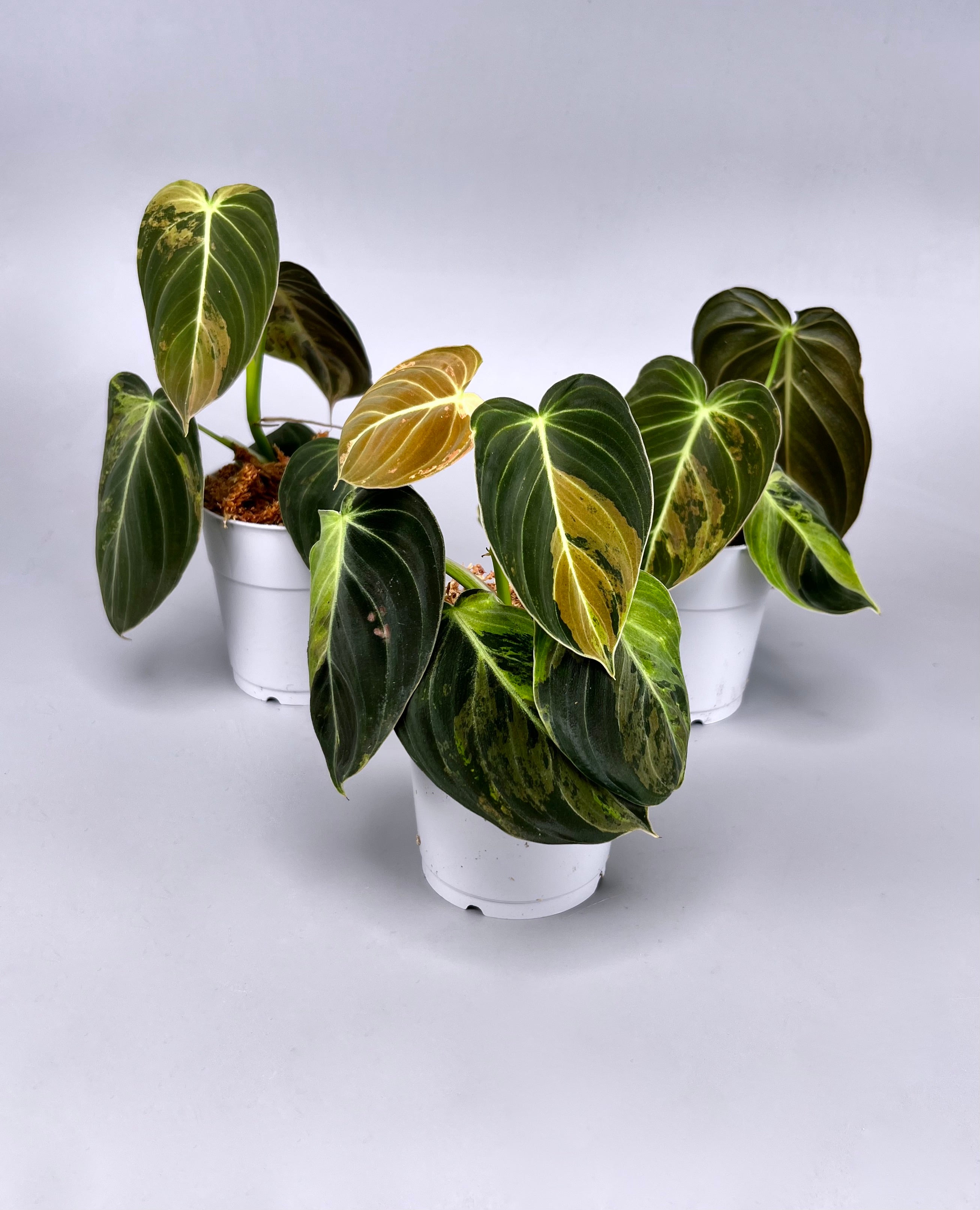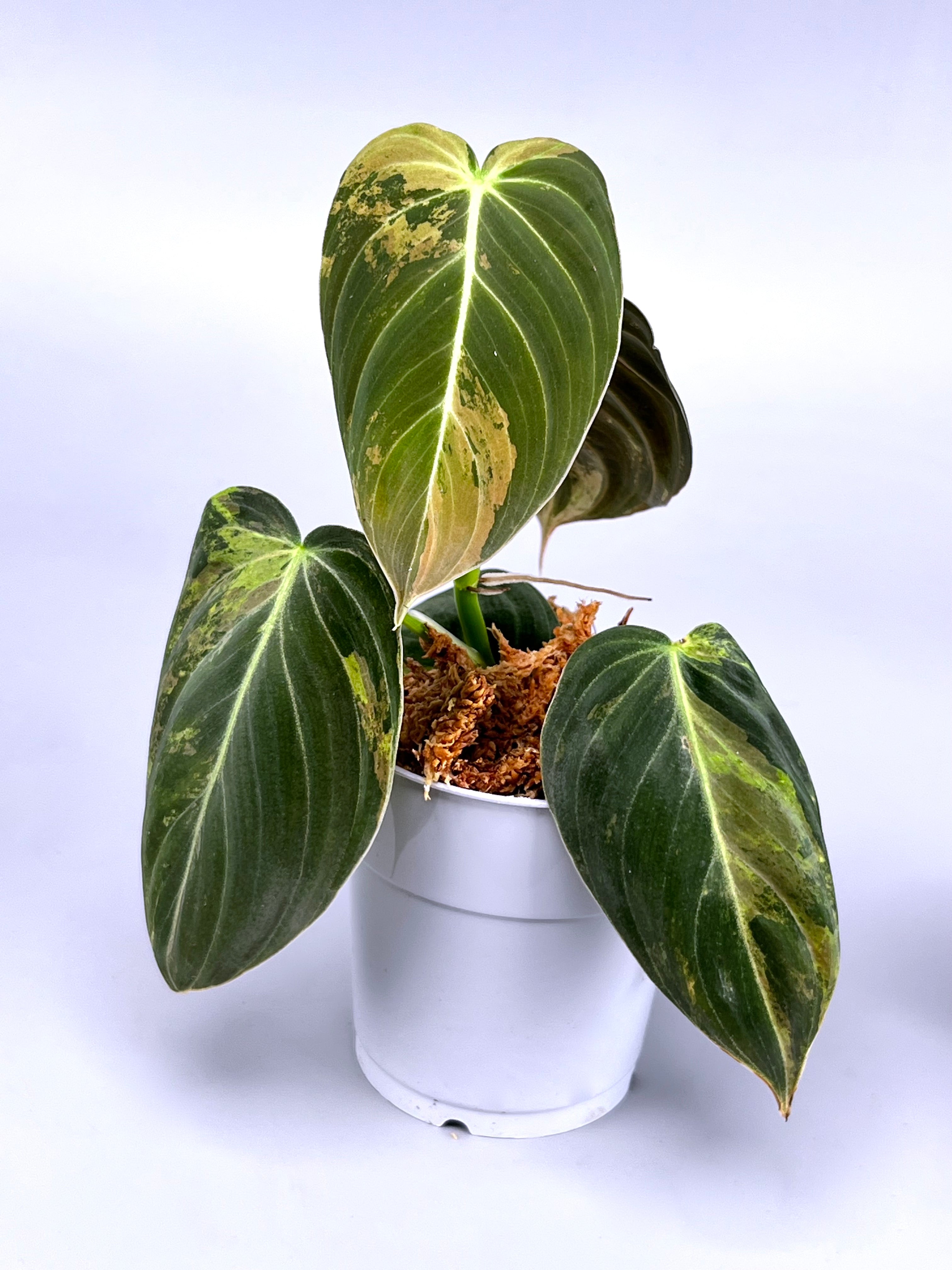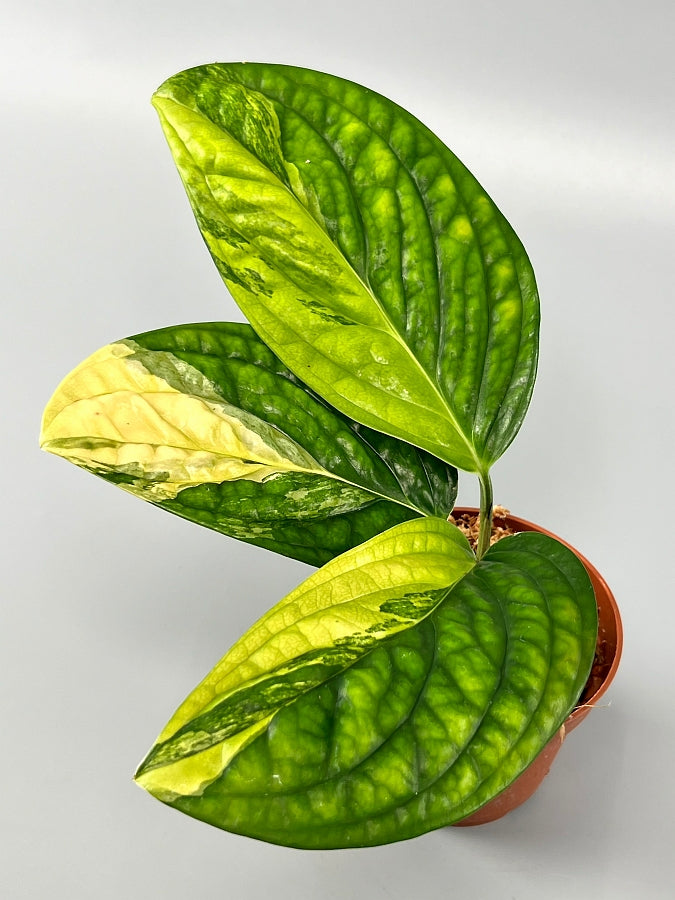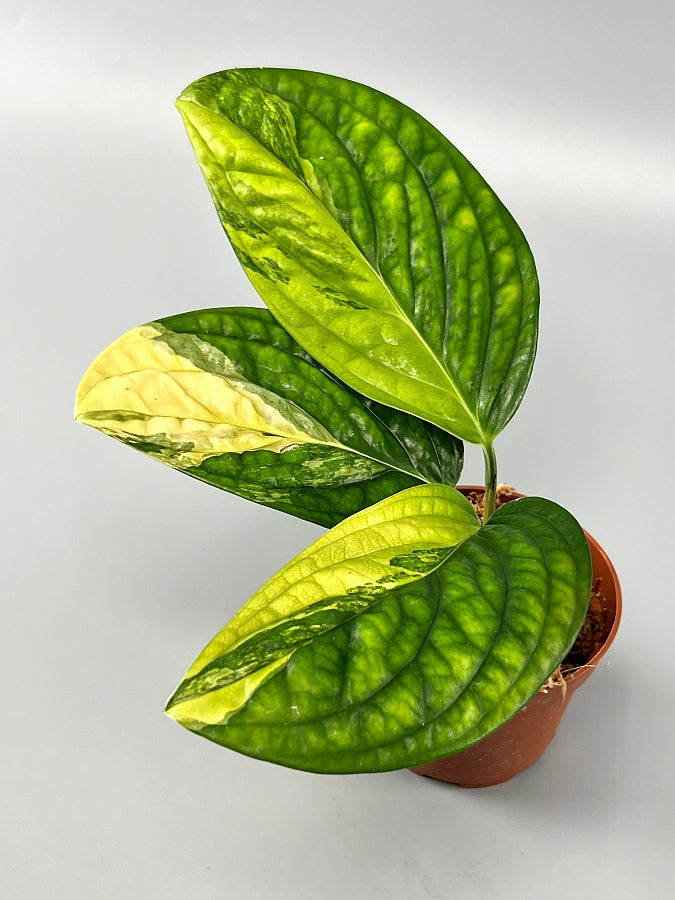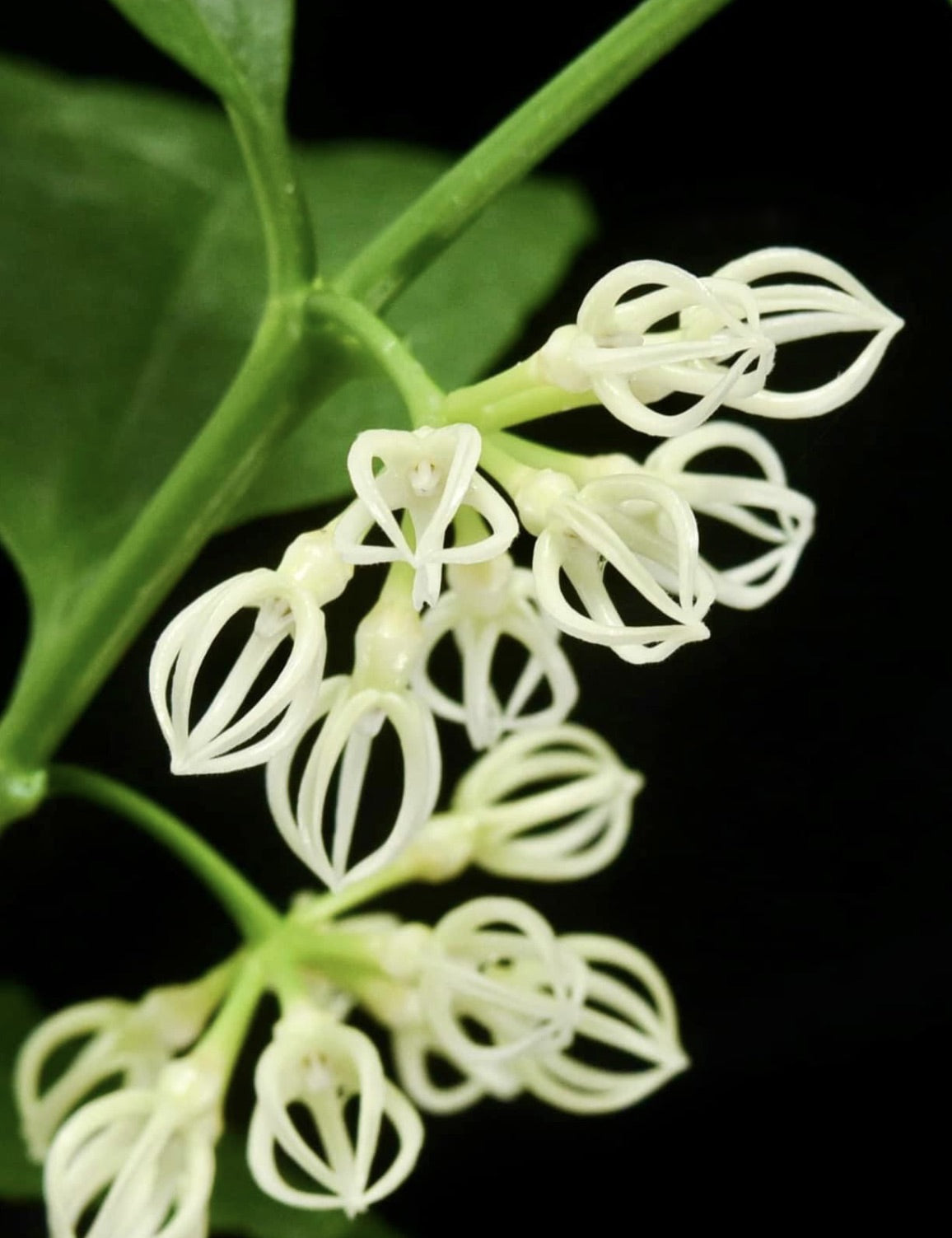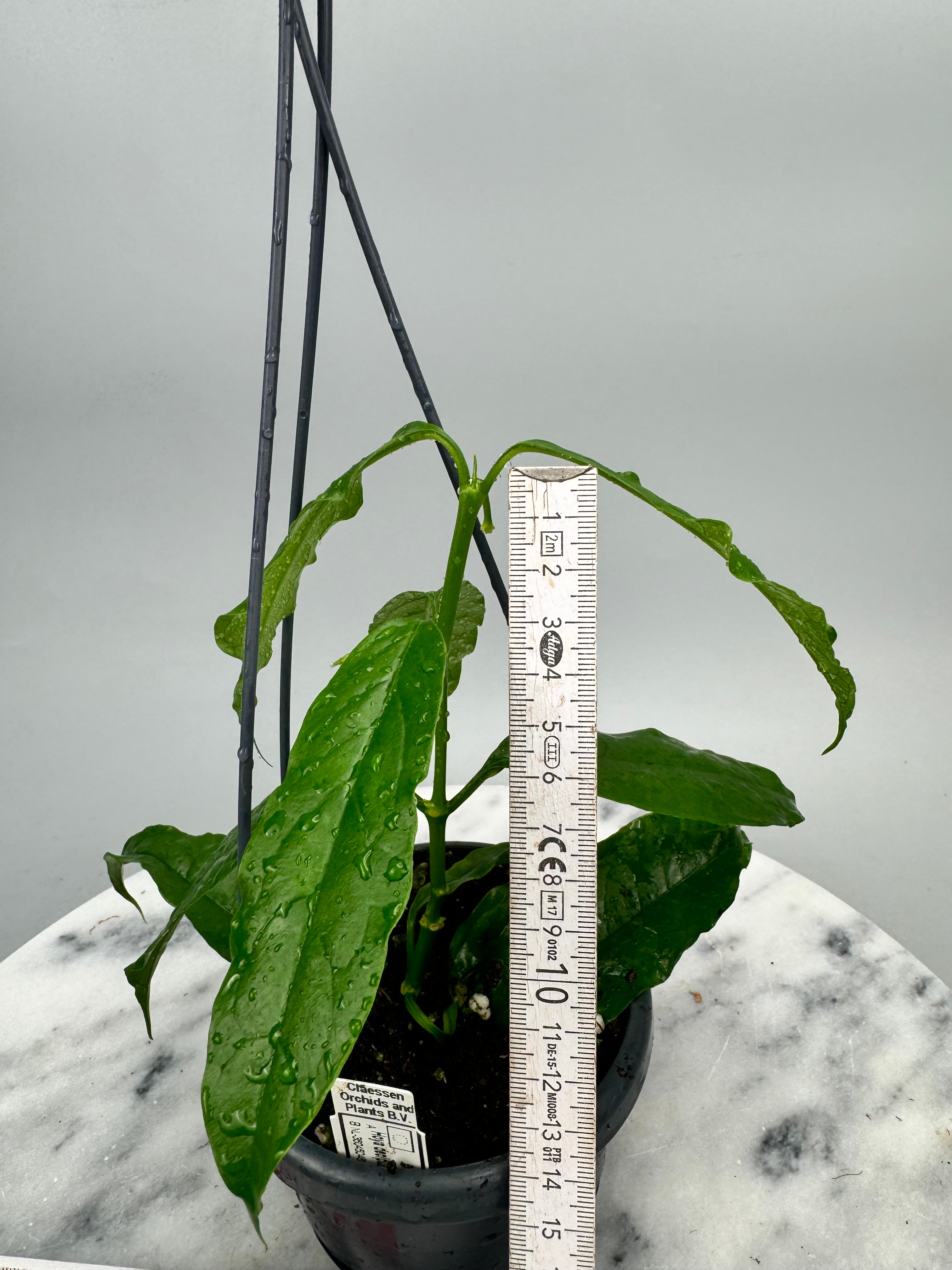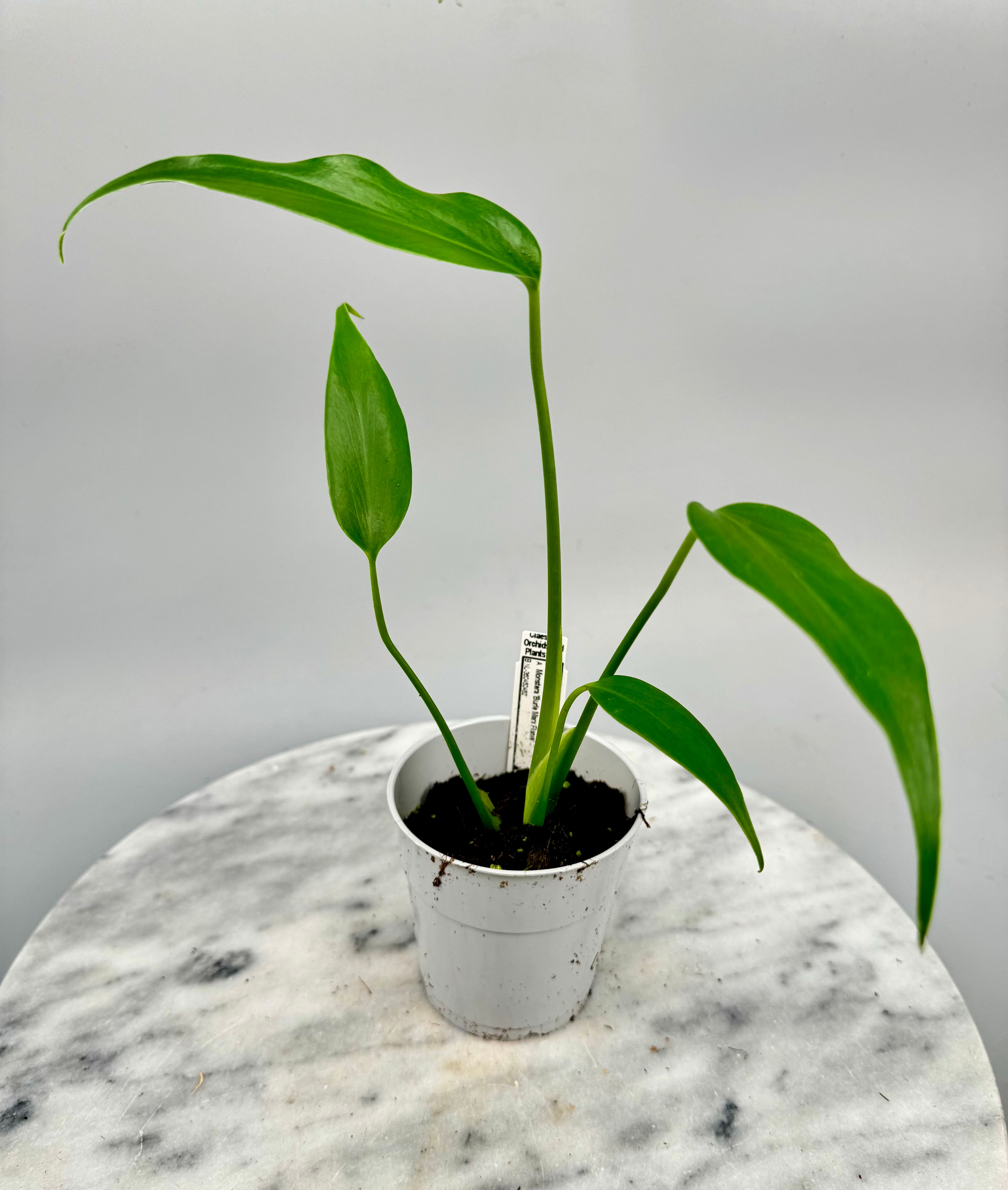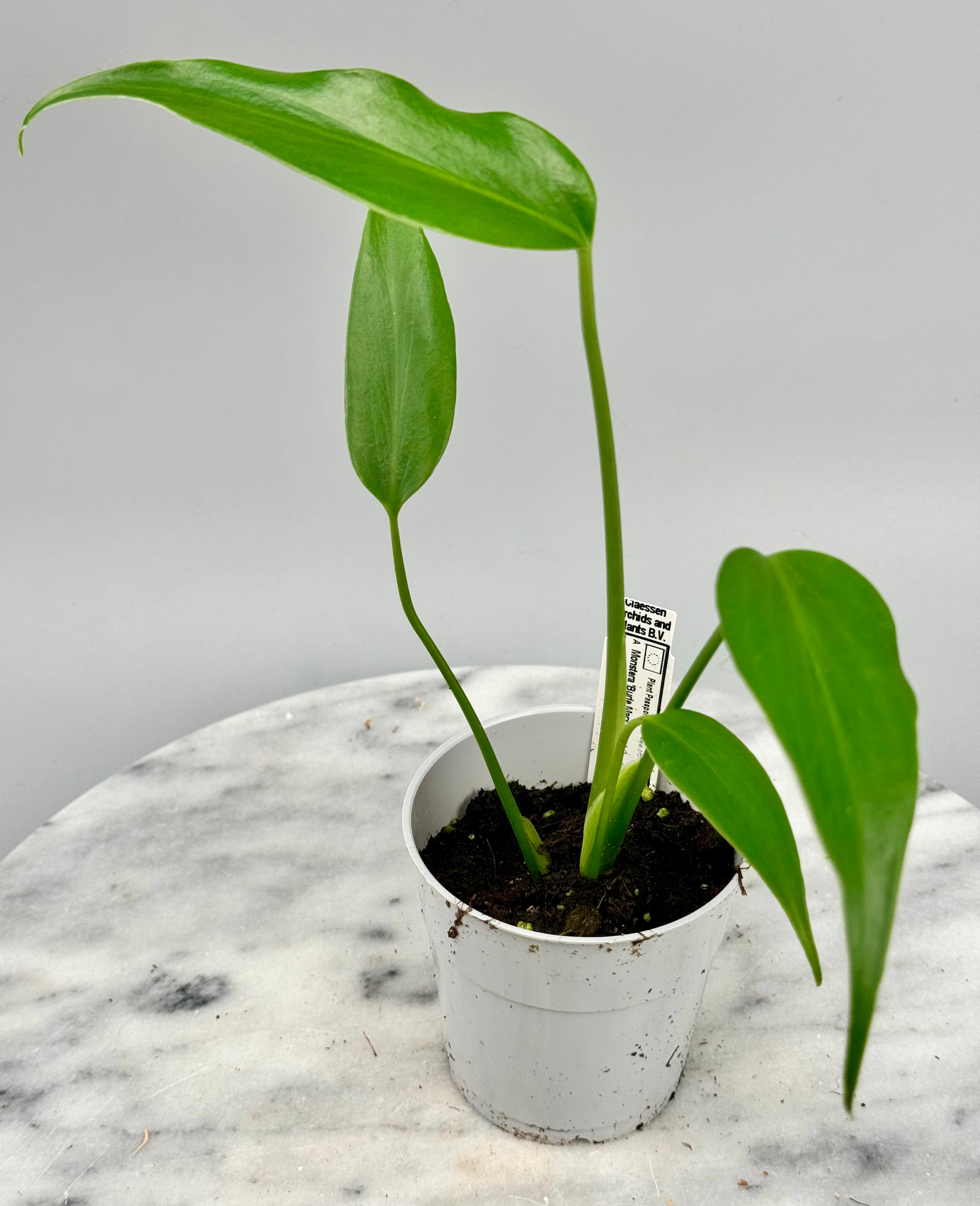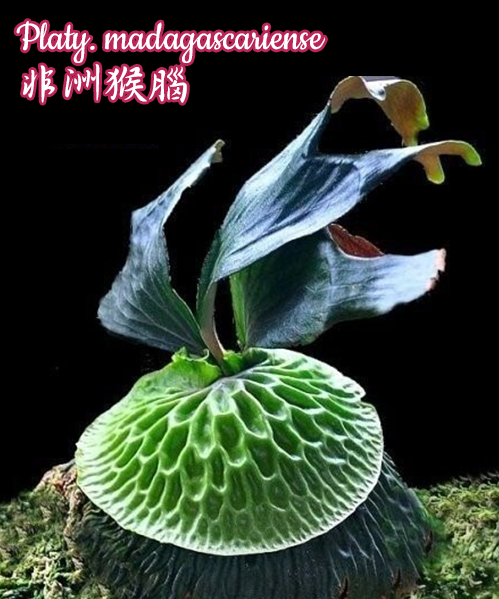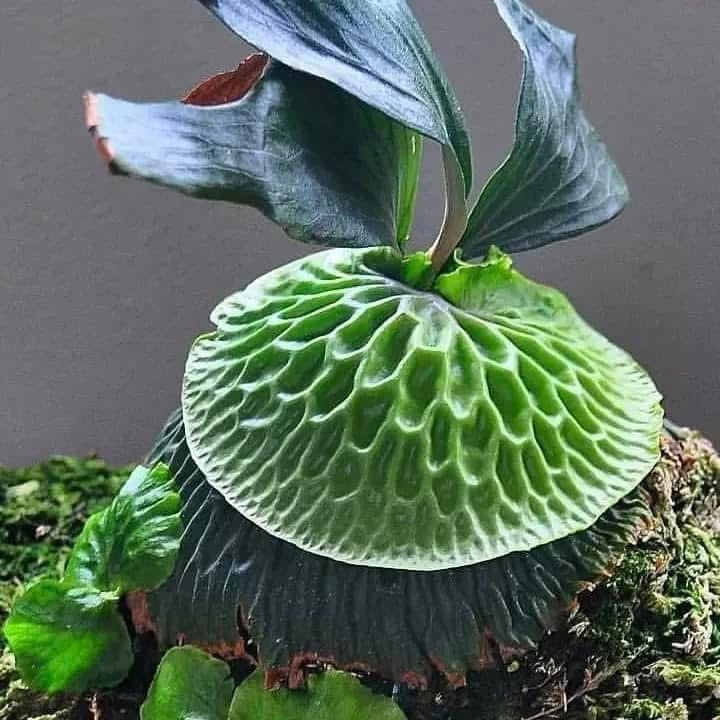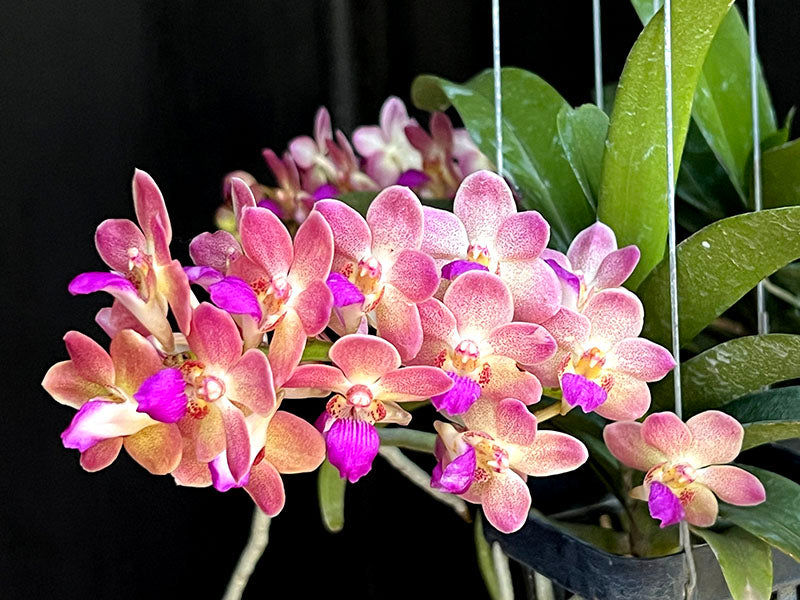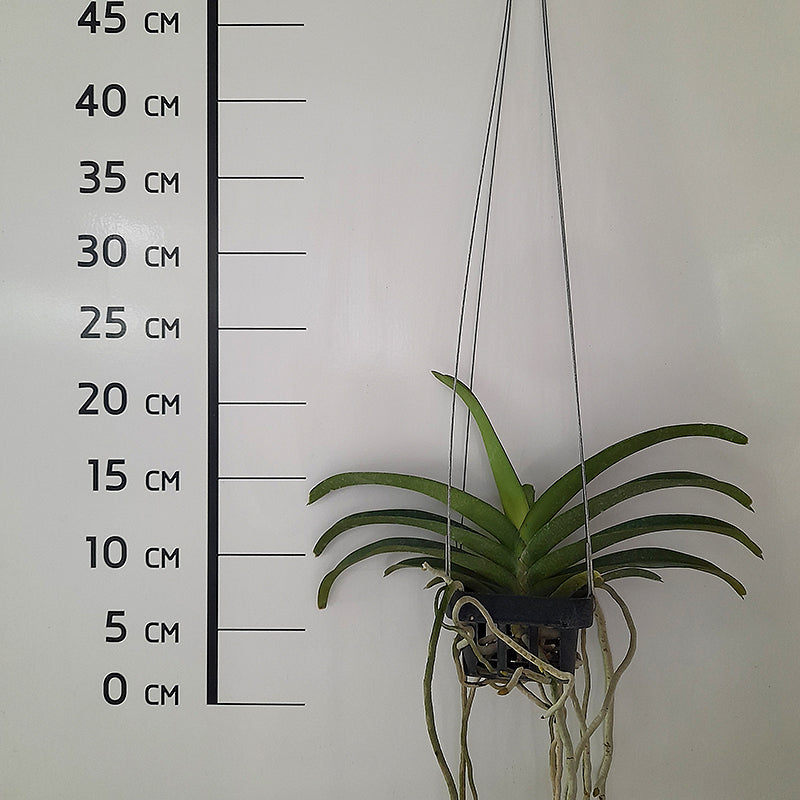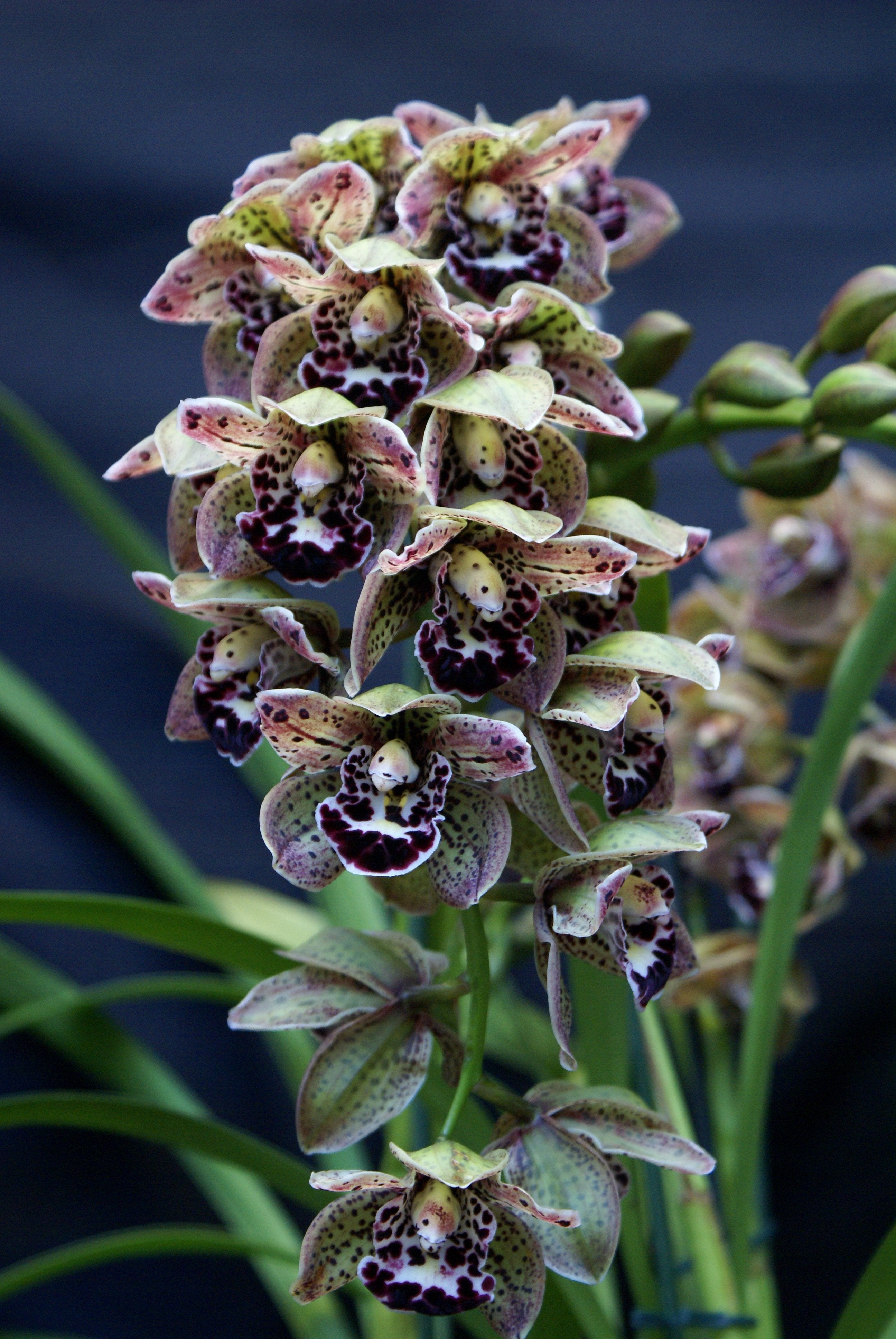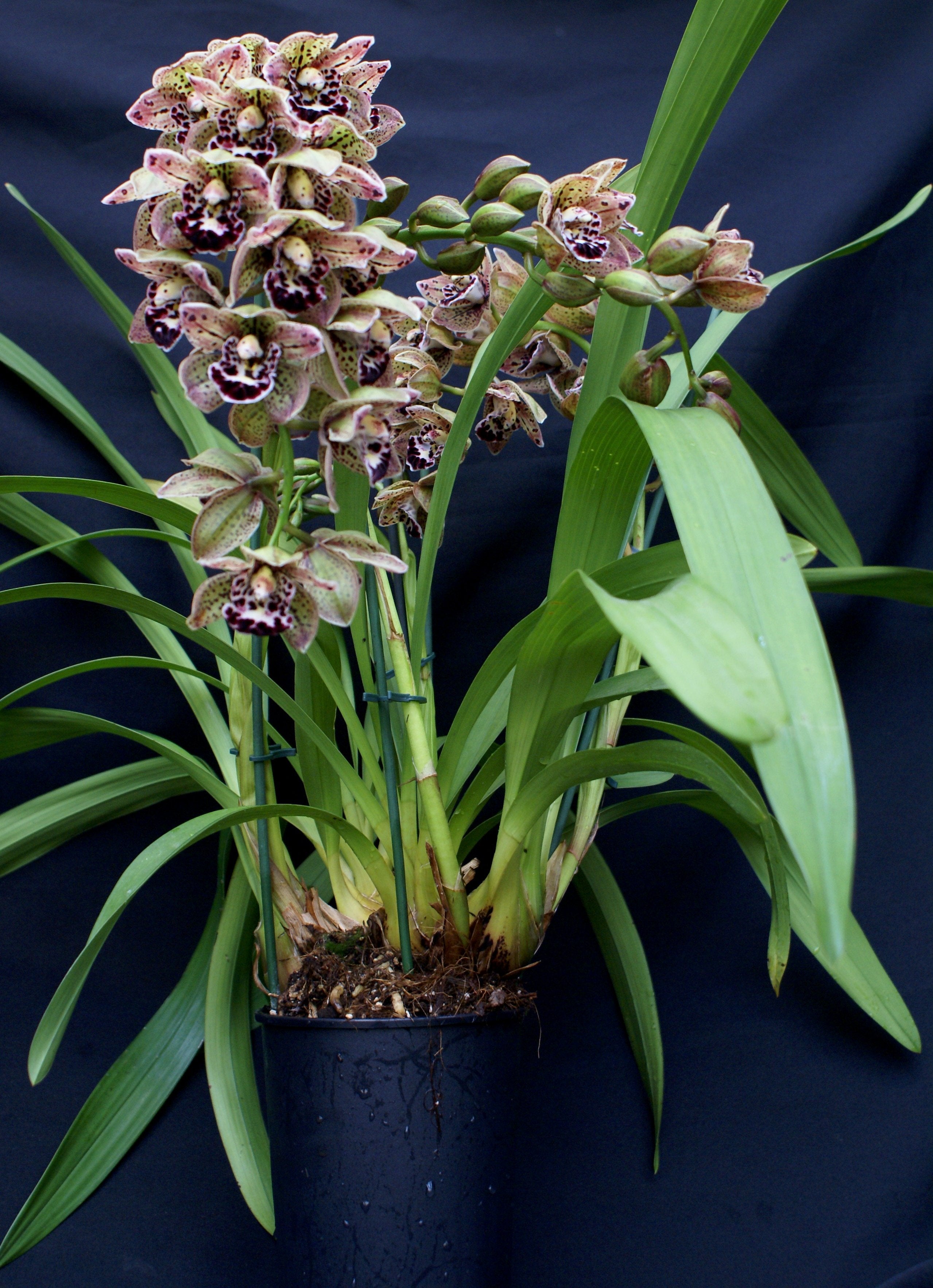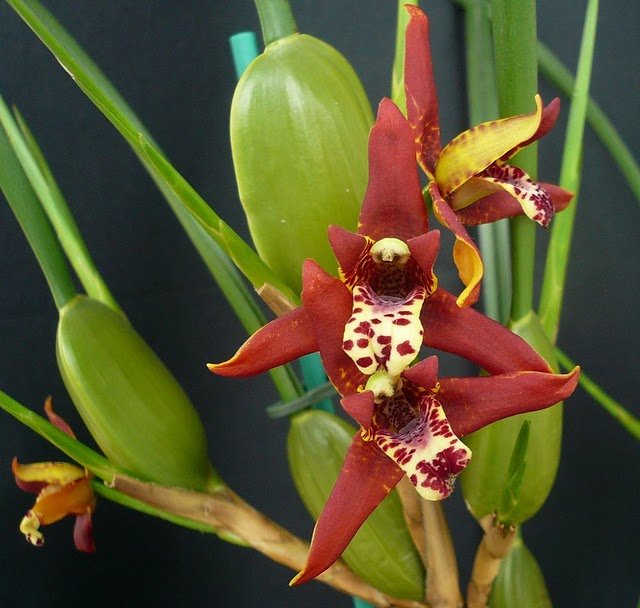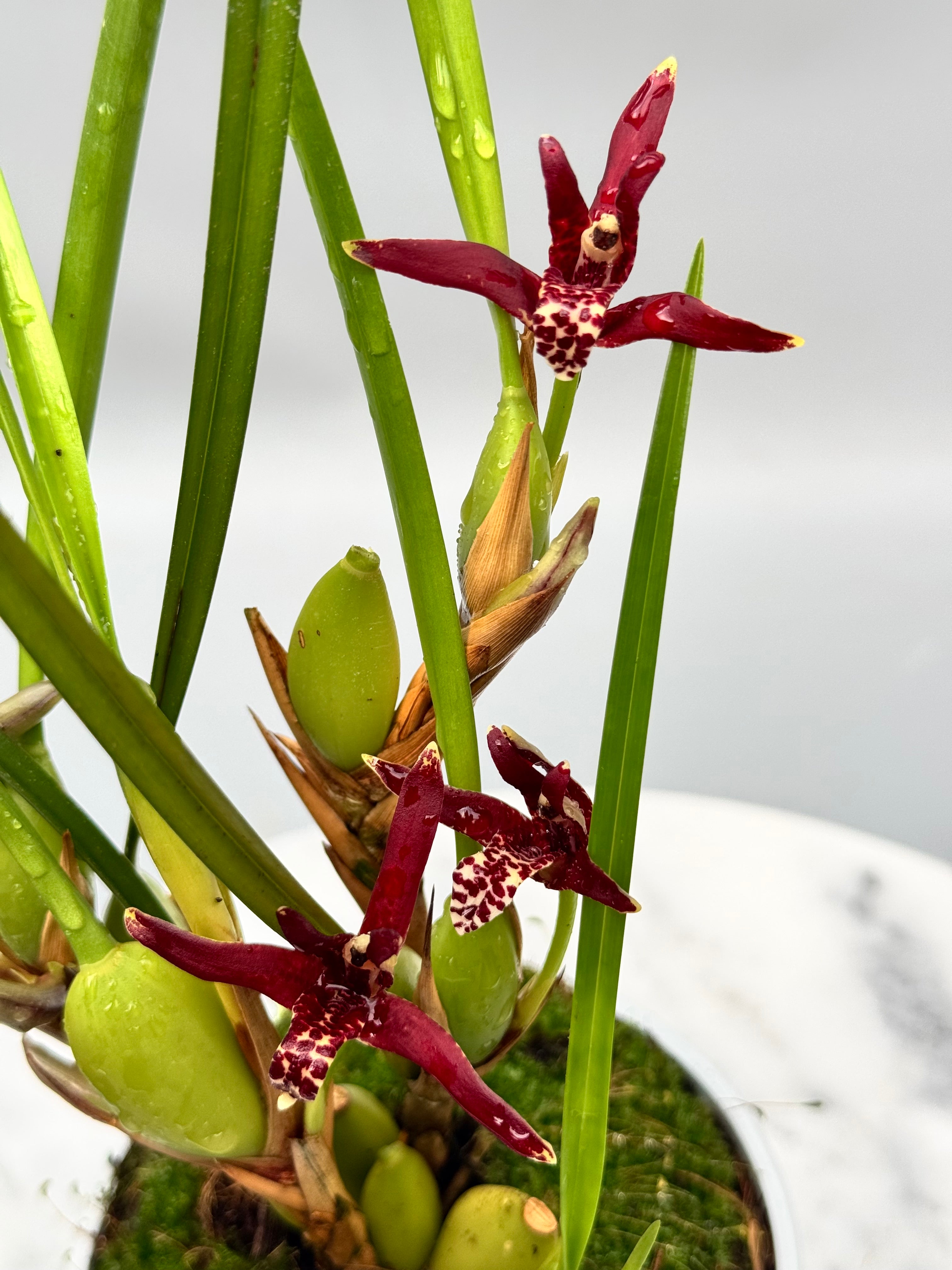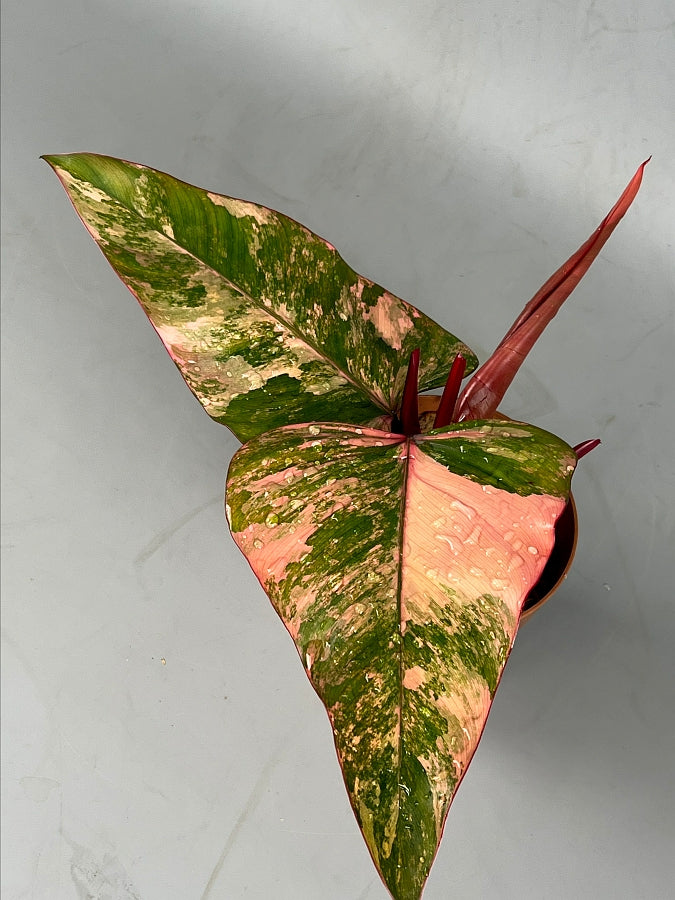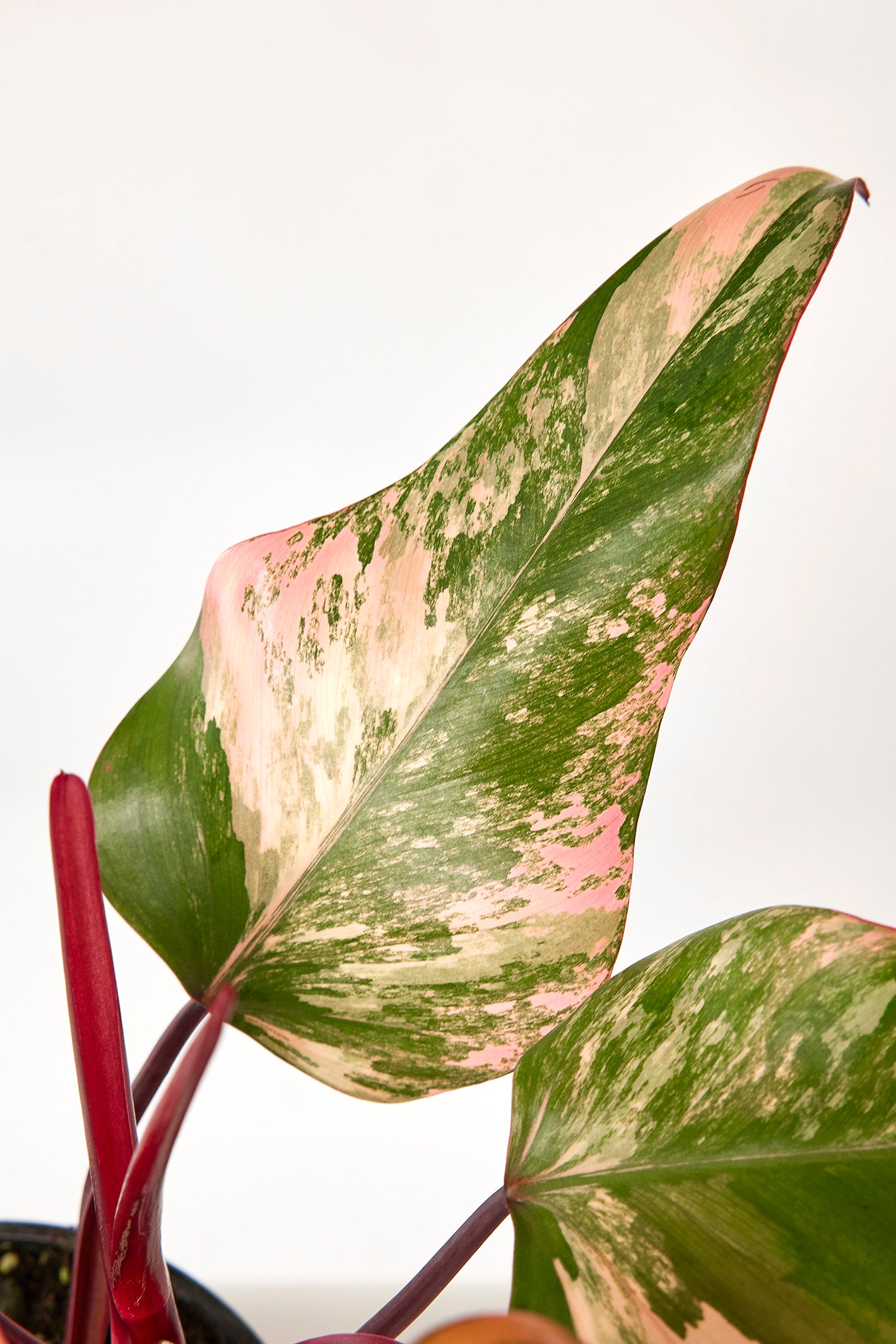Our website occasionally features a number of orchids with the abbreviation "4N" behind them. Have you ever wanted to know what this means and why you should consider such an orchid? Then read on!
What does Tetraploid mean?
Tetraploid orchids (4N) are special appearances in the orchid world. They are especially sought after by avid hobbyists because of their genetic diversity and abundant flowering. But not only hobbyists and enthusiasts are impressed by the characteristics of these orchids, but also scientists (geneticists).
Doubled genes
4N means for orchids such as various Cattleyas, Paphiopedilums and Phalaenopsis that they have 4 sets of genes. This results in phenomenal variation in colors and shapes in the orchid's flowers. Thus, these orchids contribute to biodiversity in addition.
For the enthusiast, it is a wonderful orchid to have, but for scientists, the DNA is also very interesting to study.
Why are these orchids much more interesting?
The appearance of a 4N orchid also makes it very attractive to prefer this type of orchid over orchids with a normal set of genes. Moreover, species with these genes are often equipped with greater survivability. So in the base, these orchids are also stronger!
Appearance of a 4N orchid
Orchids with 4N genes often have larger flowers with more expressive or distinctive colors. In addition, they are often interesting to cross or further breed with because of their genetic diversity.
Strong orchids and their great adaptability
The 4N orchid is an orchid that has another characteristic due to its complexity in its genes: it has a better adaptability to the environment. Thus, many of these orchids can stand in a more shady spot as well as a sunnier spot (relative to most "normal" orchids).
Where can I find a 4N orchid?
We regularly have several varieties of 4N orchids in our assortment. Because of our large network, we can regularly get new varieties of the best quality. So you will always be able to get new, rare and interesting orchids in our extensive and dynamic assortment. Check out our orchid page for more interesting tropical species!

